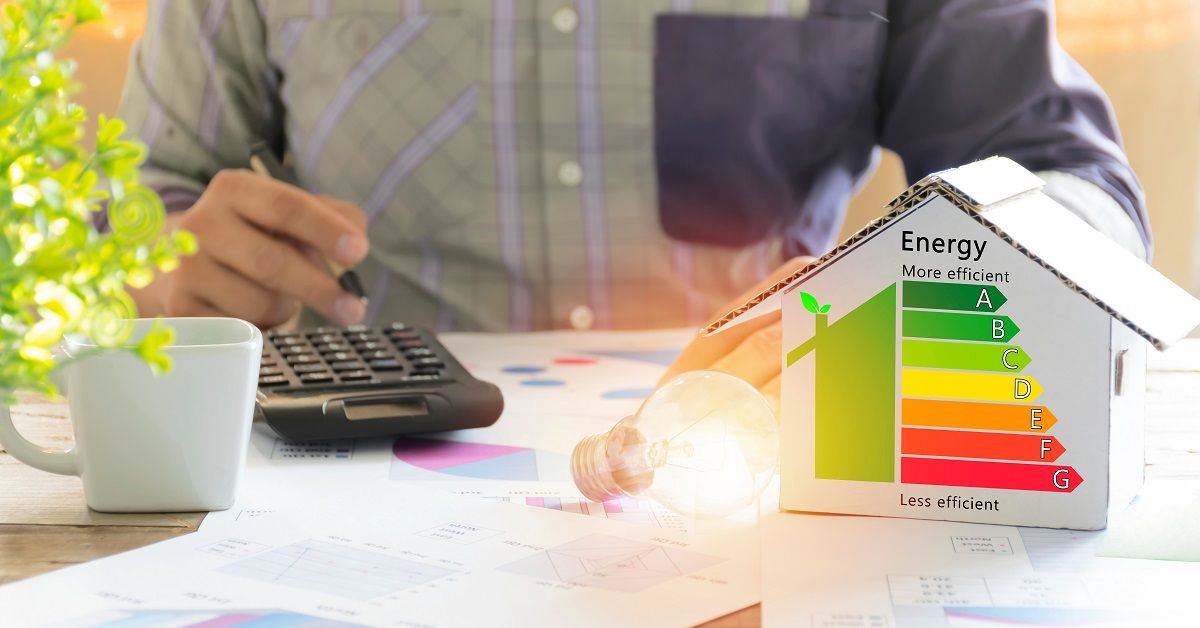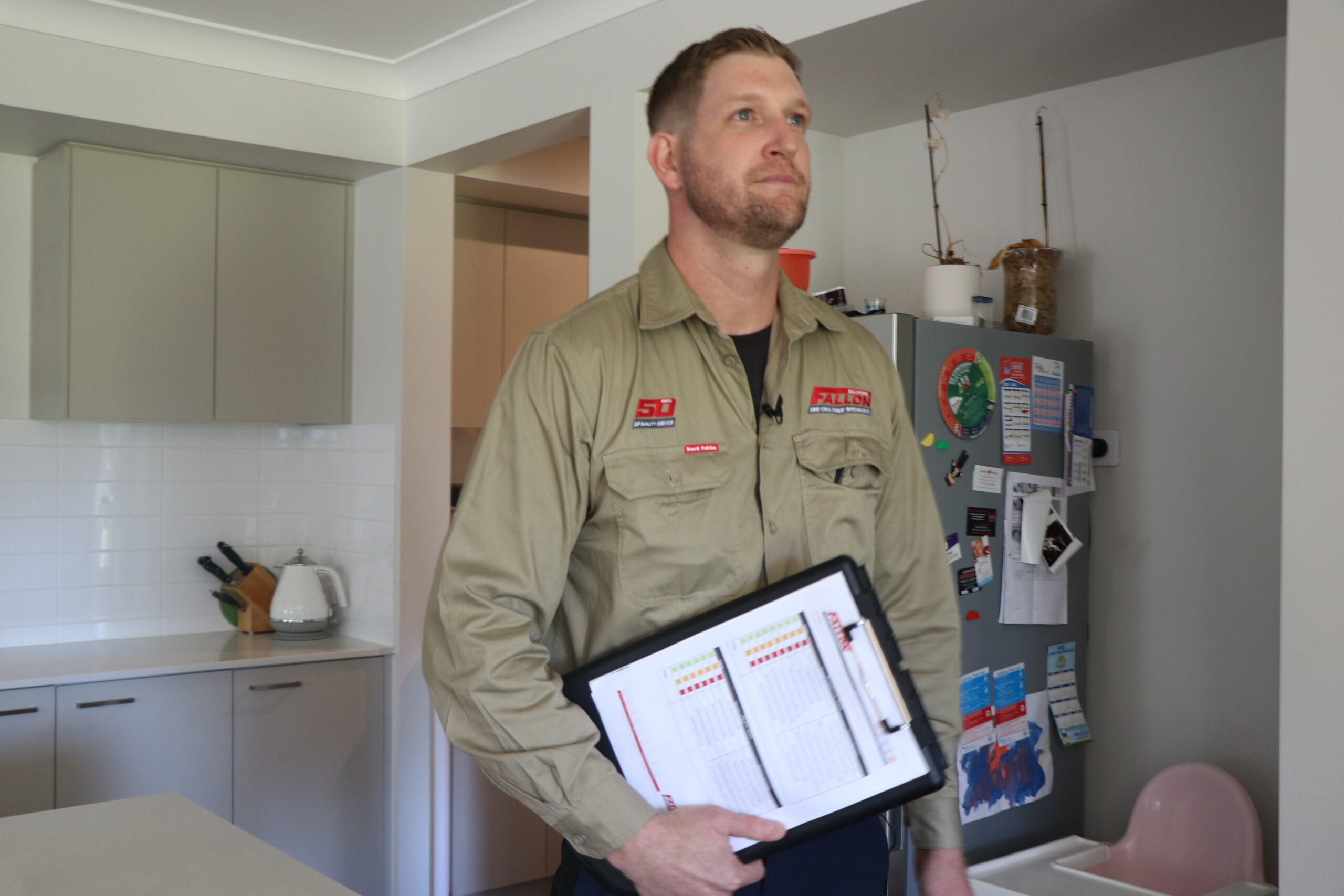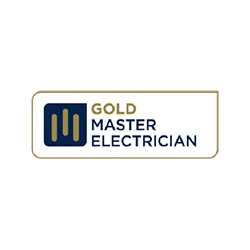23 September 2024
Energy Efficiency Upgrades: Practical Solutions for Reducing Power Bills
As electricity costs continue to rise, many homeowners are looking for ways to lower their energy consumption and reduce monthly power bills. Beyond the financial benefits, energy efficiency upgrades can also make your home more comfortable, environmentally friendly, and future-proof. Fortunately, with a few key changes and expert guidance, you can significantly improve the efficiency of your home without sacrificing comfort or convenience.
Why Energy Efficiency Matters
The average household consumes energy in a variety of ways—from heating and cooling systems to lighting, appliances, and electronic devices. However, not all homes use energy efficiently, often leading to unnecessary wastage. By upgrading to energy-efficient systems and appliances, you can reduce energy waste, lower your bills, and contribute to a healthier environment by cutting down on carbon emissions.

Let’s explore some of the most effective ways to boost your home’s energy efficiency and start saving money.
- Home Energy Audits: Assessing Your Current Usage
The first step in improving energy efficiency is understanding where your home uses (and loses) the most energy. A Home Energy Audit is a comprehensive assessment that identifies energy inefficiencies and provides actionable recommendations for improvement.
For just $198*, our team at Fallon Solutions offers a detailed audit where licensed and qualified electricians will inspect key areas of your home, including:
- Lighting: Are you still using outdated, energy-hungry bulbs? Upgrading to energy-efficient LED lighting can dramatically reduce energy consumption.
- Power Usage: We’ll evaluate how you’re using electricity, identifying any high-consumption appliances or inefficient habits.
- Air Conditioning: Inefficient heating and cooling systems are among the biggest contributors to high electricity bills. We assess the performance and energy usage of your system.
- Solar Systems: For homes with solar panels, we examine how effectively they are capturing and utilising energy.
- Appliances: Older appliances often consume far more energy than necessary. We help identify which ones are worth upgrading for long-term savings.
Once we’ve completed the audit, you’ll receive a detailed report with tailored recommendations to improve energy efficiency in your home.

- Upgrading to Energy-Efficient Appliances
One of the most impactful ways to reduce your energy consumption is by upgrading to energy-efficient appliances. These products are designed to use less electricity while still performing at a high level. Look for appliances that carry the Energy Star rating, which indicates they meet strict efficiency guidelines.
Common household appliances worth upgrading include:
- Refrigerators: Energy-efficient models consume up to 40% less electricity than older versions.
- Washing Machines and Dryers: High-efficiency washers use less water and energy, while energy-efficient dryers reduce drying times.
- Air Conditioners: Modern air conditioners come with higher energy ratings, meaning they cool your home using significantly less power.
- Dishwashers: Newer dishwashers often come with energy-saving modes, using less water and energy per load.
By replacing outdated appliances with newer, energy-efficient models, you’ll not only cut down on power bills but also increase the lifespan of your devices.
- Lighting Upgrades: Switch to LED
Lighting accounts for a large portion of your electricity usage, especially if you’re using incandescent or halogen bulbs. Switching to LED lighting is a simple yet effective way to reduce energy consumption. LED bulbs use up to 80% less energy than traditional incandescent bulbs and last much longer, making them a cost-effective choice for any home.
LED lighting also offers a range of other benefits:
- Longer lifespan: Fewer replacements mean less waste and lower long-term costs.
- Versatility: Available in various colours and brightness levels, LED lights can be used in any room or outdoor area.
- Instant illumination: Unlike some older bulbs, LED lights turn on instantly without warming up, making them more convenient.
- Insulation and Weatherproofing: Keep the Heat Where It Belongs
Proper insulation and weatherproofing play a significant role in maintaining a comfortable indoor temperature without over-relying on heating and cooling systems. A well-insulated home retains heat during the winter and stays cooler in the summer, reducing the need for excessive energy use.
Simple upgrades like:
- Adding insulation to walls, ceilings, and floors: This helps reduce heat transfer, making it easier to maintain a consistent temperature.
- Sealing gaps around doors and windows: Drafts allow heated or cooled air to escape, forcing your HVAC system to work harder. Weatherstripping and caulking can prevent this.
- Installing energy-efficient windows: Double-glazed or low-emissivity windows reduce heat loss and improve energy efficiency.
- Harness the Power of Solar Energy
Solar power is one of the most sustainable ways to reduce energy bills, especially in sunny regions like South East Queensland. Installing solar panels allows you to generate your own electricity, reducing your reliance on the grid and significantly lowering energy costs over time. For homeowners with existing solar systems, we also offer solar performance checks to ensure your system is running at peak efficiency.
By adding a solar battery, you can store excess energy generated during the day for use at night, further reducing your reliance on traditional power sources and increasing energy independence.
- Smart Technology: Control Your Energy Use
Smart home technologies offer an easy way to optimise energy use by giving you more control over your appliances and systems. For example:
- Smart thermostats allow you to set and monitor temperatures remotely, reducing unnecessary heating and cooling when you’re not home.
- Smart plugs help manage energy use by turning off appliances that are not in use, preventing standby power consumption.
- Smart lighting systems can be programmed to turn on and off at specific times or adjusted via smartphone apps, ensuring you only use electricity when needed.
- Small Changes, Big Impact: Energy-Saving Habits
Beyond upgrades and installations, simple changes in your daily habits can also contribute to energy savings:
- Turn off lights and appliances when not in use.
- Wash clothes in cold water and air-dry when possible.
- Use energy-efficient power strips to reduce standby power consumption.
- Clean air conditioner filters regularly to ensure optimal efficiency.
Invest in Your Home’s Future with Energy Efficiency Upgrades
Improving your home’s energy efficiency is not only good for your wallet but also for the environment. By investing in energy-efficient upgrades, you’ll enjoy lower power bills, increased comfort, and a reduced carbon footprint.
At Fallon Solutions, our team of Master Electricians and home energy experts are here to help you navigate the process. We offer professional and friendly service, providing clear recommendations and actionable steps to reduce your energy consumption, enjoy lower power bills and a smaller environmental footprint.
Start saving today by scheduling a Home Energy Audit and explore the many ways you can reduce your energy consumption while making your home a greener, more cost-effective place to live.
*Terms and conditions apply.
